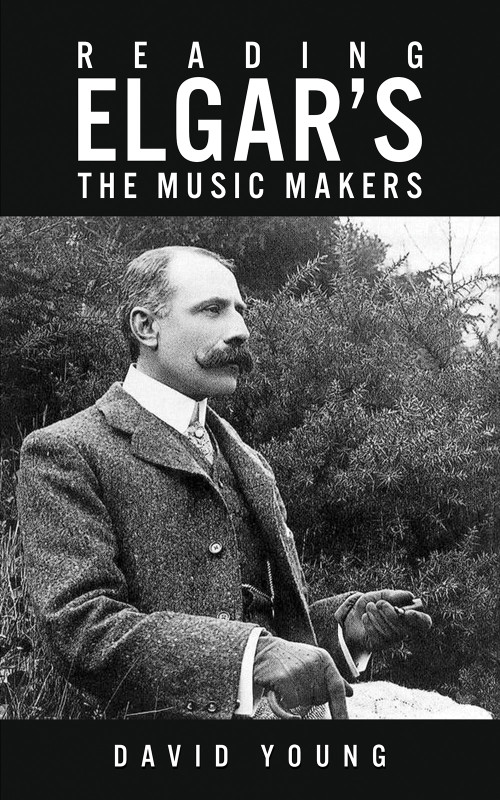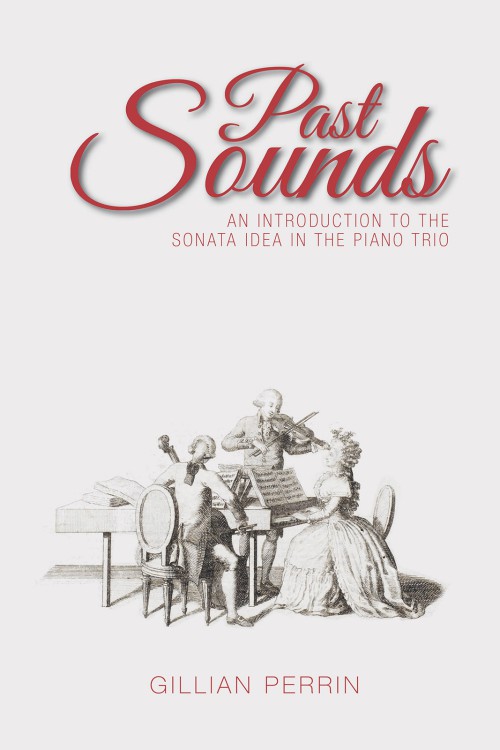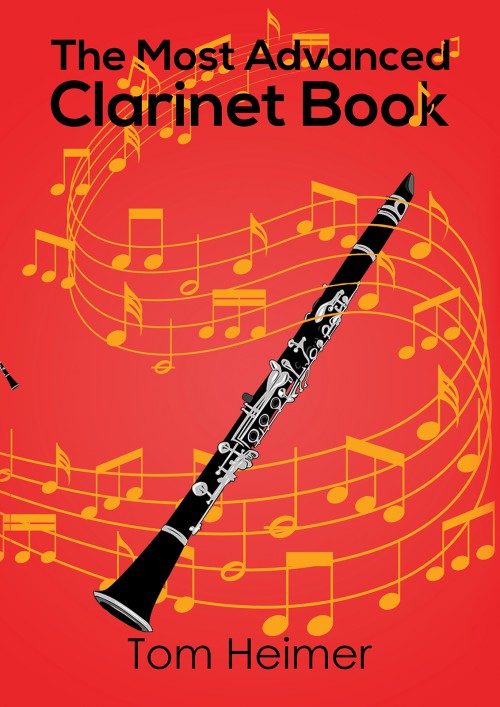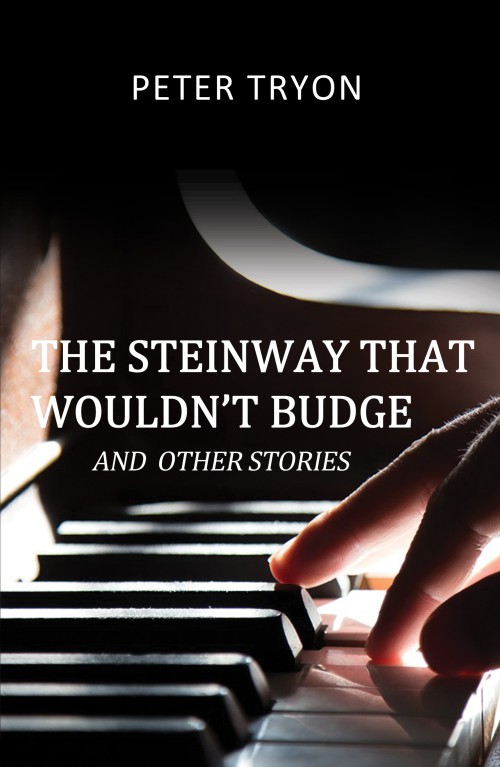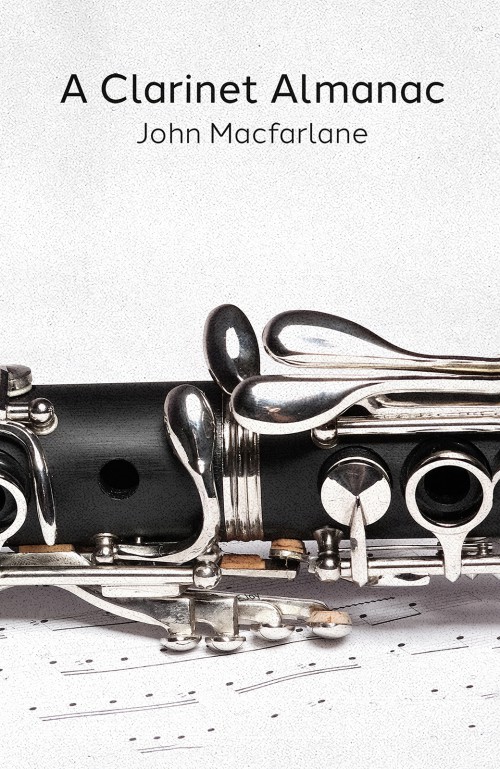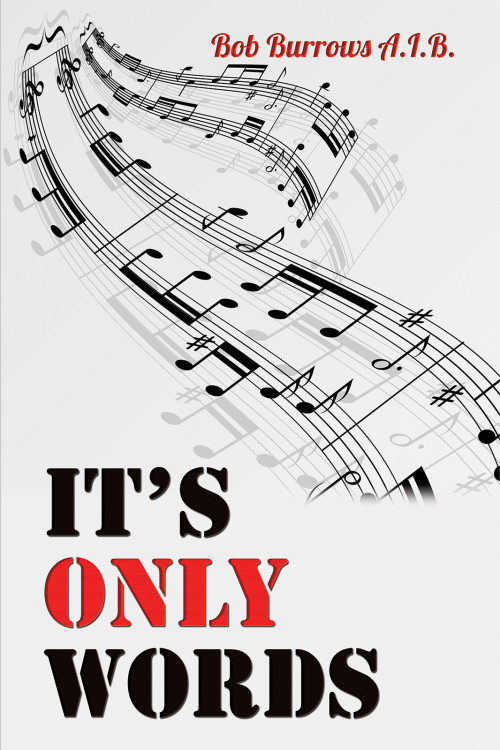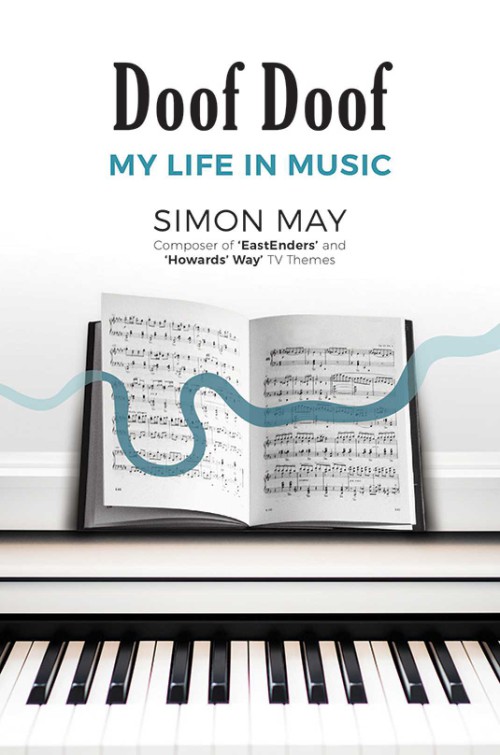Elgar’s The Music Makers, for contralto solo, choir and large orchestra, has experienced a chequered reputation since its 1912 premiere at the Birmingham Festival. The work faced significant adverse criticism which re-emerged over time. Criticism targeted the poem Elgar chose for his setting – Arthur O’Shaughnessy’s ode, whose reputation was later tarnished by T.S. Eliot’s infamous critique ‘What is Minor Poetry?’. Misunderstanding of Elgar’s innovatory compositional procedure was another main reason behind the negative responses. Elgar integrated the poetic language with musical self-borrowings, transforming the words and offering perceptive listeners enhanced emotion at the highest artistic level. All aspects of Elgar’s musical language combine to produce one of his greatest, yet least understood, masterworks.
Reading Elgar’s The Music Makers brings to the fore a prime example of how first musical performances can be misunderstood and reception can shift over time. The work remains as relevant today as ever. The book’s multi-faceted approach will be invaluable not only for conductors, singers and music students, but for concert goers and music lovers generally.

